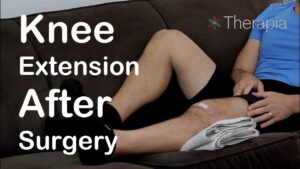Learn the ABC’s about these 13 essential vitamins. Now that’s a lucky number! Related Videos: Omega-3s, Fish, and Fish Oils | HealthiNation http://youtu.be/wmhqQrir2oE Iron Rich Foods: The Essentials of Iron | HealthiNation http://youtu.be/BgdPeNr3TgY Sometimes “13” is a lucky number….That’s because there are 13 vitamins that are essential to your health: Vitamins A, C, D, E, K and the B vitamins (thiamine, riboflavin, niacin, pantothenic acid, biotin, vitamin B-6, vitamin B-12 and folate). Your body uses all of these for a range of metabolic processes, from digestion to proper nerve function. There are two types: water-soluble and fat-soluble. Water-soluble vitamins dissolve in water and then are easily absorbed by the gut. The body uses what it needs and then the kidneys flush out the excess. This is why you need a constant supply of these vitamins from your diet. Fat-soluble vitamins are retained in the body and therefore can be used later, and so don’t need constant replenishing. This is because fat-soluble vitamins are easily stored in the liver and fatty tissues. If you eat a nutritious, well-balanced diet, you normally can get all the vitamins you need. Your body can also make two of them…Vitamins D and K. If someone isn’t able to get enough of a certain vitamin from food, a dietary supplement or multivitamin might be recommended. Vegetarians, for example, often need to take extra B12. There are also certain groups with increased nutritional needs. For example, women with heavy periods need more iron. Women who are pregnant or are trying to get pregnant also benefit from taking folic acid and other prenatal vitamins. For a long time, vitamin deficiency diseases, like scurvy and rickets, were common. Then when nutritious food became more plentiful, research shifted to investigating whether large quantities of vitamins might be able to fend off certain diseases. But just because someone gets a definitive disease due to a serious lack of a particular vitamin doesn’t mean that consuming more than the Recommended Daily Allowance can prevent a range of diseases. Remember when megadoses of Vitamin C were thought to be a cure-all for everything from colds to cancer? Then Vitamin E was in the spotlight because of a possible link to Alzheimer’s and heart disease. Even the B’s had their moment of fame. And now it’s D. But follow-up studies haven’t shown any conclusive preventive benefit to megadosing. And in some cases, taking too much can be harmful. But that shouldn’t be so surprising. Our bodies are complex….and so it makes sense that the nutrients needed interact in really complicated ways. We also now understand that just because someone swallows a vitamin pill, that doesn’t mean it’s bioavailable, meaning it’s in a form our body can easily use. Real foods have many components, and it’s both the combination of various foods and of the components within them that helps our bodies absorb what we need in the quantities we need. And when you eat whole foods, you get a lot of other essentials, too. An orange, for example, provides not only vitamin C, but also beta carotene, calcium, fiber and other nutrients. A vitamin C supplement is missing all this other really important stuff. Sources: 1. Listing of Vitamins (accessed March, 2011 at http://www.health.harvard.edu/newsweek/Listing_of_vitamins.htm) 2. FDA 101: Dietary Supplements (accessed March, 2011 at www.fda.gov/consumer/updates/supplements080408.html) 3. Fortify Your Knowledge About Vitamins (accessed March, 2011 at www.fda.gov/consumer/update/vitamins111907.html) 4. Vitamin E for Alzheimer’s disease and mild cognitive impairment (Review), Isaac MGEKN, Quinn R, Tabet N, This is a reprint of a Cochrane review, prepared and maintained by The Cochrane Collaboration and published in The Cochrane Library 2008, Issue 3, © 2008 The Cochrane Collaboration. Published by John Wiley & Sons, Ltd. 5. Vitamin C for preventing and treating the common cold (Review), Hemilä H, Chalker E, Douglas B, © 2010 The Cochrane Collaboration. Published by John Wiley & Sons, Ltd.
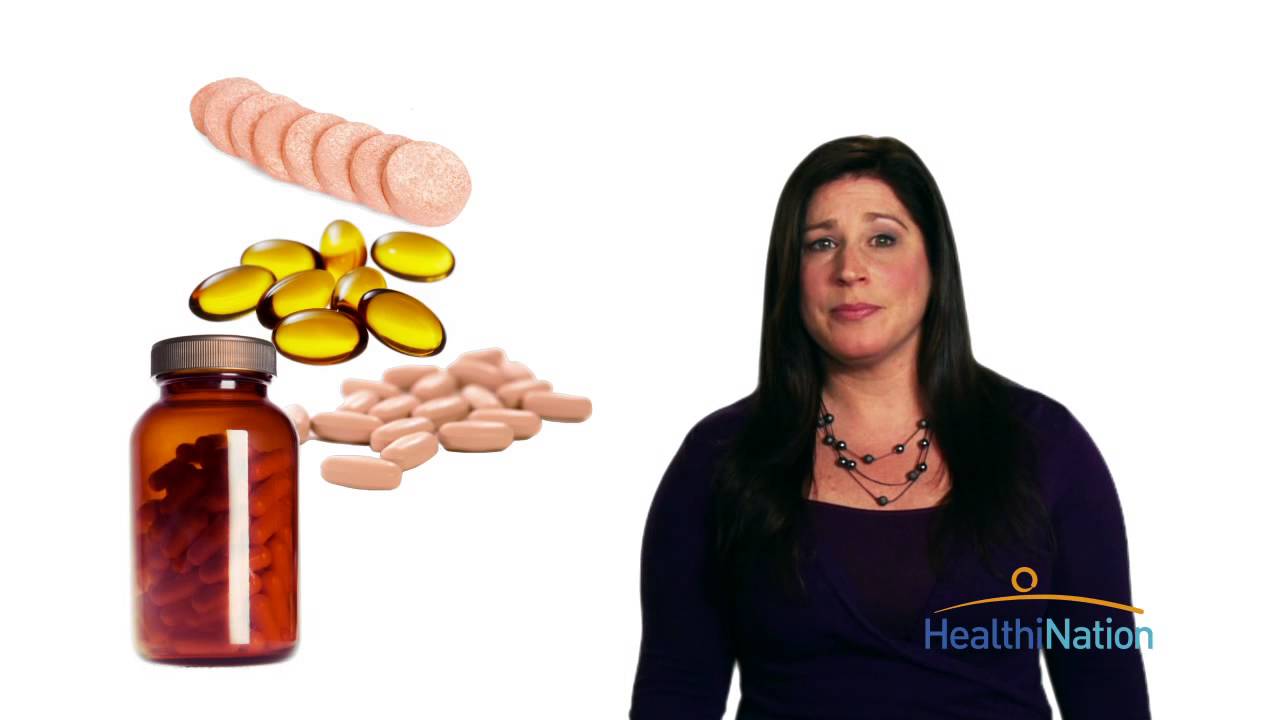
The ABCs of Vitamins | HealthiNation
- Post author:
- Post published:May 15, 2021
- Post comments:0 Comments
You Might Also Like
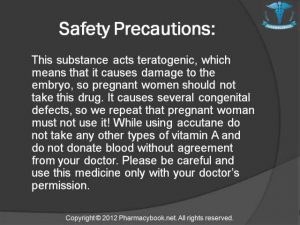
Accutane-isotretinoin
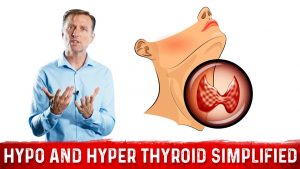
Hyperthyroid vs Hypothyroid Explained By Dr.Berg

Avoid This Type of Stretching
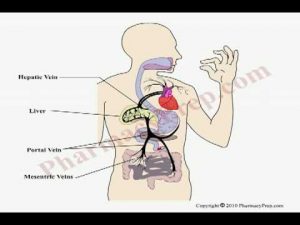
oral drug entering pathway

Instructional Fitness – Decline Bench Press

Foods Nutrition Video – 2
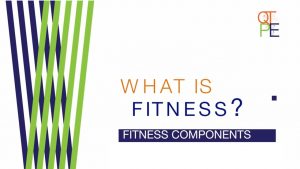
What is Fitness: Health & Skill Fitness Components PE
Definition Anatomy And Physiology

What is a Normal Heart Rate?
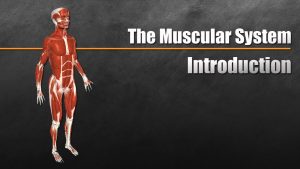
The Muscular System Explained In 6 Minutes
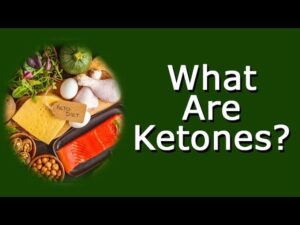
Keto Diet, Keto Foods, Keto Recipes Video – 22
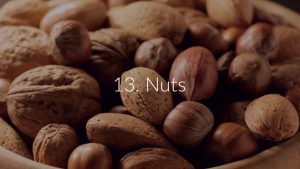
List Of 36 Foods That Burn Stored Belly Fat Fast – How To Reduce Tummy Fat In Women And Men
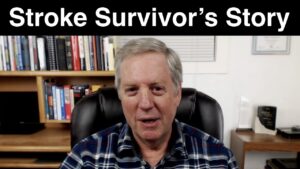
Neurological Physiotherapy Video – 13
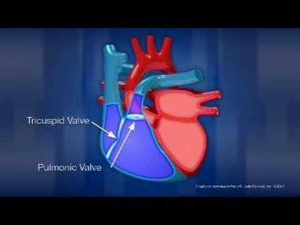
Heart Anatomy
Tiger Shroff’s Workout Regime For Heropanti

Spa Products Video – 3
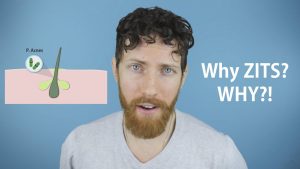
Causes of Acne

Top 10 Best Pharmaceutical Companies In India 2021
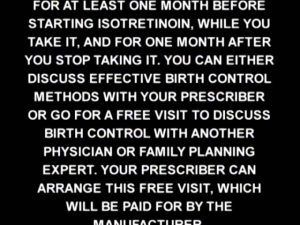
Be Aware: The Risk of Pregnancy While on Isotretinoin

Triceps Dip Machine

BMR to CMOP
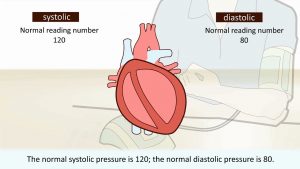
High blood pressure – What is it?
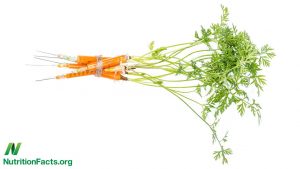
Reversing Diabetes with Food
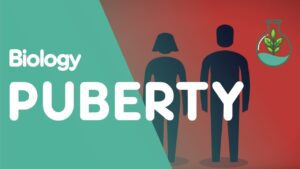
Puberty and The Hormones Involved | Physiology | Biology | FuseSchool
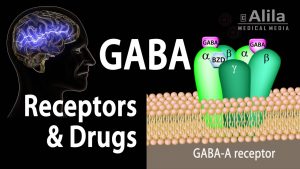
Neuroscience Basics: GABA Receptors and GABA Drugs, Animation

Dead Lift-4
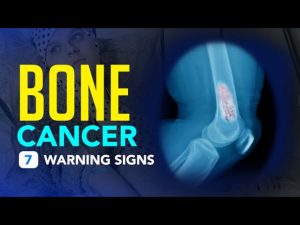
Bone Cancer – 7 Warning Signs

Develop Bigger & More Vascular Forearms | Best Exercises

Legal Psychology Video – 4

Preservatives Video – 1

Orthopedic Physiotherapy Video – 8

What is Cholesterol?

CHEAPEST PROTEIN POWDER that you can afford | INDIAN HOODLUMS

Muscle Building Workout & Squats Video -47

Human Body, Body Building Muscle Building Anatomy Physiology Video – 17
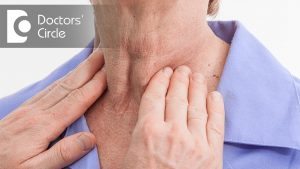
How to decide thyroxine dosage in elderly with fluctuating thyroid levels? – Dr. Sriram Nathan

Mass Building Chest Workout with Connor Murphy
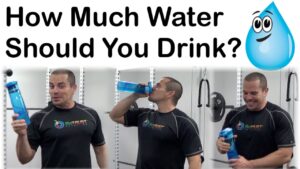
How Much Water Should You Drink Per Day?
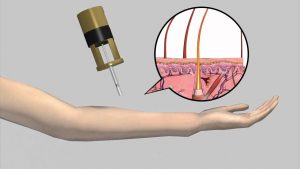
Star Trek-like ‘needle-less’ injection invented by MIT scientists

Rear Deltoid-2

Ophthalmology Video – 2
